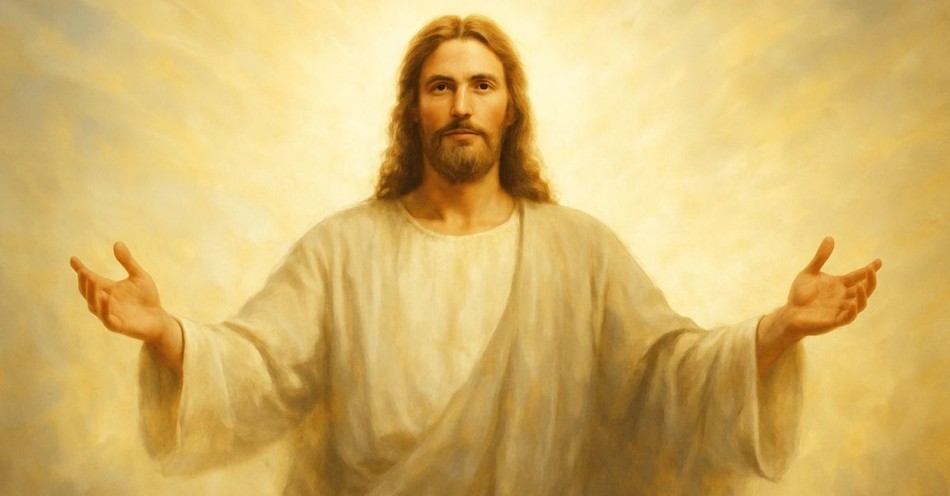
The Old Testament speaks of a messianic figure, a combination priest and king who would bring an eternal kingdom to the earth. The passages point to someone more than human, a divine being who fulfills these promises.
Isaiah 9:6-7 declares, “For to us a child is born, to us a son is given … and the government shall be upon his shoulder … and of the increase of his government and of peace there will be no end, on the throne of David … from this time forth and forevermore.” This promised child was born, and the son was given. These statements underscore the dual nature of the Messiah. The eternal Son can’t be born; he can only show up in human flesh. Yet the human flesh must be born.
Further, this promised child will usher in an eternal government of endless peace and justice, clearly a heavenly reality. The Messiah also has divine titles: “Wonderful Counselor, Mighty God, Everlasting Father, Prince of Peace.” The prophet Isaiah declares a ruler, both human and divine. The Messiah must be eternal if he is to rule an eternal government.
Isaiah talks more about this ruler from Jesse’s line (King David’s father), how he will reign in righteousness and be filled with God’s Spirit. “The Spirit of the Lord shall rest upon him …” (Isaiah 11:2). The Messiah brings peace, even to creation itself—a singularly divine act showing God’s authority over all things.
King David writes, “The Lord says to my Lord: ‘Sit at my right hand … You are a priest forever, after the order of Melchizedek.’” (Psalm 110:1,4) Melchizedek was this mysterious figure in Genesis, a king and priest combined. David writes about a ruler, a Lord, with an eternal priesthood, connecting to the Messiah who will have this eternal position. We should note how God’s promise to David was to have an ancestor who would establish an eternal kingdom, and how this ancestor will really be God’s son (2 Samuel 7).
The prophet Daniel reveals the “Son of Man” coming with the clouds of heaven (clearly divine) and receiving “dominion and glory and a kingdom, that all peoples … should serve him.” (Daniel 7:13-14) Again, the kingdom is eternal and of God. The Son of Man comes from heaven, not the earth, yet he’s given authority over the earth by the Ancient of Days, God himself.
These verses challenged the Jewish rabbinical thought regarding “one God,” and therefore, when Jesus begins claiming himself to be the Son of Man, they react violently.
Photo Credit: ©Getty Images/Pamela D McAdams